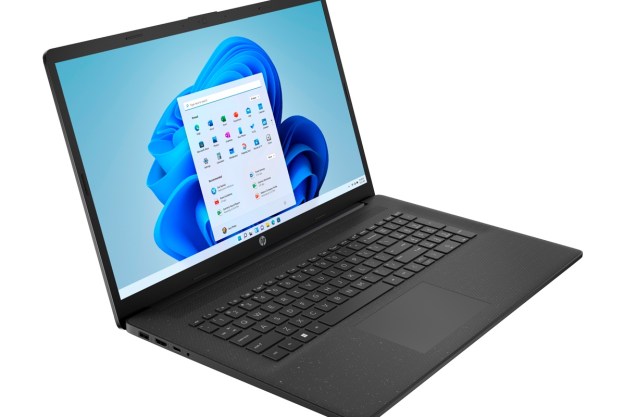An iguana called Ralph has landed Hewlett-Packard (HP) in hot water in Australia. The creature is being used by the computer giant to front a marketing campaign there, but a conversation group says it could create a new demand for the banned animal and have asked HP to think again.
The online campaign, which goes with the tagline #HelpFindRalph and includes a 60-second ad featuring the green iguana (above), is offering various HP tech prizes if people can guess his location based upon photos posted on the company’s Twitter and Instagram feeds. Up to now Ralph’s been spotted at the famous Twelve Apostles rock stacks 100 miles or so west of Melbourne, as well as in the Whitsunday Islands in the north-east of the country.
Ralph, who features prominently in the ad, may look docile enough, but Australia’s Invasive Species Council insists iguanas will cause serious damage to the country’s natural landscape if they’re ever allowed to establish themselves in the wild.
The organization’s chief executive, Andrew Cox, berated HP, saying the company “should have done their homework.”
“We don’t want to create a new demand for this species and for people to buy them on the black market,” Cox told the Guardian this week.
According to Cox, Ralph and others like him can weigh as much as 9kg and grow up to two meters in length, a factor he believes will panic some owners into dumping them in the wild.
He added that having launched the potentially damaging campaign, HP should run another one making it clear to the public that the animal is banned in Australia and that they pose a threat to the nation’s environment.
Despite the ban, the authorities have uncovered a number of cases in recent years where people are keeping the lizard as a pet, with Cox suggesting there could be “hundreds” across the country.
And with HP putting one front and center in its nationwide marketing campaign, he fears the problem could be about to get a whole lot worse. However, the tech firm has informed the Guardian that Ralph won’t be getting the boot, and will continue to play a leading role in its latest publicity push.


